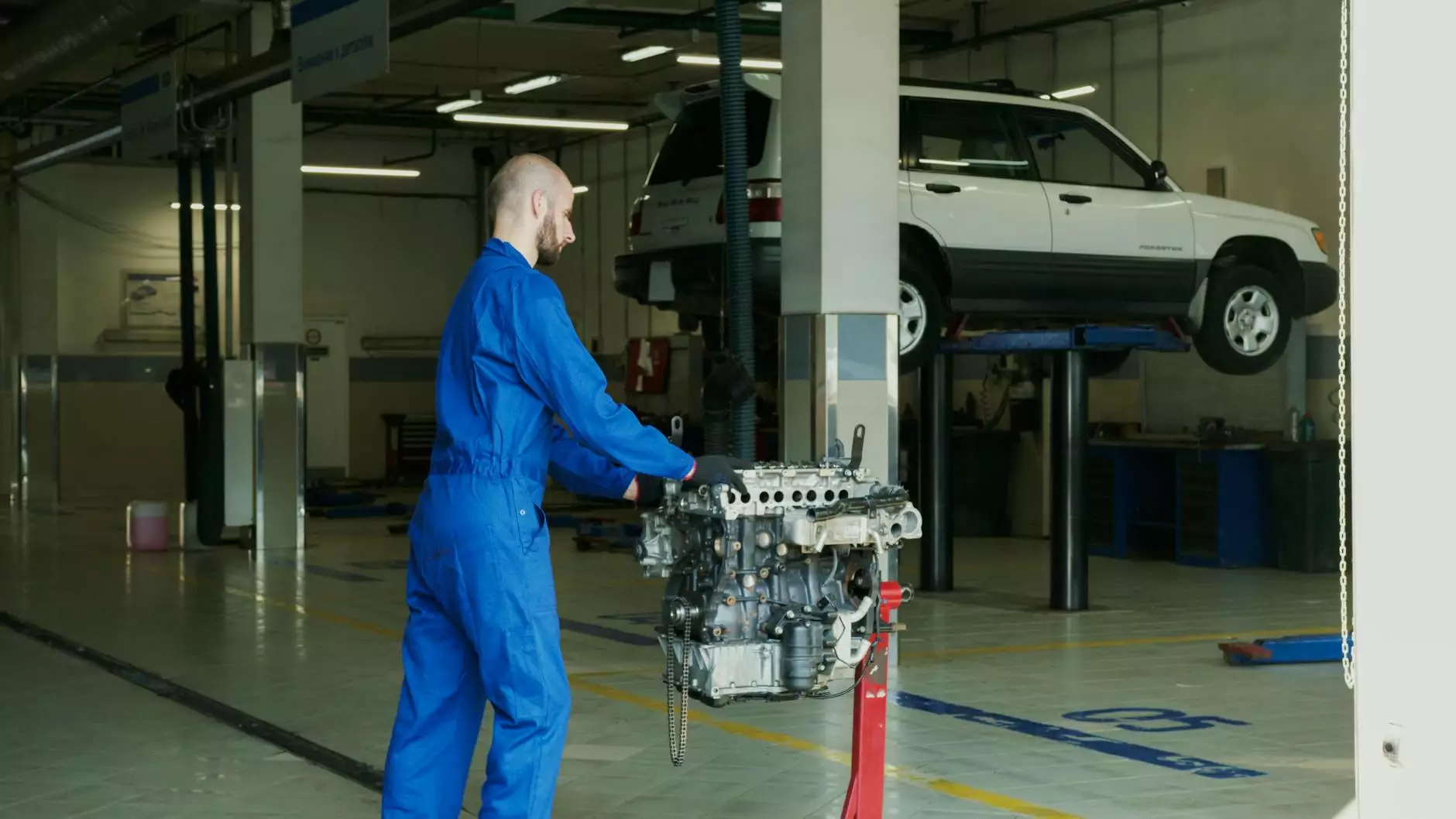Advancing Healthcare through Innovation in Med Instruments

The Role of Med Instruments in Modern Healthcare
Med instruments are at the forefront of healthcare innovations, playing a critical role in diagnostics and treatment. From surgical tools to imaging devices, these instruments are essential for delivering quality healthcare services. As technology evolves, the demand for superior medical instruments has surged, compelling manufacturers and healthcare providers to seek innovative solutions that enhance patient care.
Understanding Med Instruments: A Comprehensive Overview
The term med instruments encompasses a wide range of devices used in medical settings to aid in diagnosis, monitoring, and treatment. Here’s a breakdown of the categories of medical instruments:
- Surgical Instruments: Essential for performing surgeries, including scalpels, forceps, and scissors.
- Diagnostic Instruments: Tools such as stethoscopes, otoscopes, and blood glucose monitors that aid in diagnosing health conditions.
- Imaging Devices: Technologies like MRI, CT scans, and X-ray machines that provide visual representations of the body.
- Therapeutic Instruments: Equipment used in the treatment of diseases, such as infusion pumps and electrocardiogram (ECG) machines.
- Monitoring Devices: Instruments that track vital signs, including blood pressure monitors and heart rate monitors.
The Evolution of Med Instruments
Over the decades, med instruments have undergone significant transformations. Early medical devices were often rudimentary, lacking precision and reliability. However, advancements in technology have led to the development of sophisticated tools that offer enhanced functionality and accuracy. Some key milestones in the evolution of medical instruments include:
- Introduction of Electronic Devices: The advent of electronics brought about significant improvements in diagnostic accuracy, enabling quicker and more reliable patient assessments.
- Minimally Invasive Techniques: Innovations in surgical instruments have allowed for minimally invasive procedures, reducing recovery times and improving patient outcomes.
- Integration of Artificial Intelligence: AI technologies are now being integrated into medical devices to help clinicians make better-informed decisions based on data analytics.
- Telehealth Instruments: The rise of telemedicine has led to the development of instruments that facilitate remote patient monitoring and consultation.
Importance of Quality in Med Instruments
Ensuring the quality of med instruments is essential for delivering effective healthcare. High-quality instruments reduce the likelihood of errors and complications, leading to safer patient outcomes. The following factors contribute to the quality assurance of medical instruments:
- Regulatory Compliance: Adhering to regulations set by organizations such as the FDA ensures that the instruments meet safety and efficacy standards.
- Material Selection: The use of high-grade materials, resistant to sterilization processes and non-reactive with biological tissues, is crucial.
- Manufacturing Processes: Advanced manufacturing techniques, including precision engineering and quality control protocols, enhance the reliability of medical instruments.
Innovations Shaping Med Instruments Today
Innovation is the driving force behind the development of cutting-edge med instruments. Here are some current trends transforming the landscape of medical instruments:
1. Smart Medical Devices
The integration of smart technologies into medical devices enhances functionality and improves patient experience. Smart med instruments can collect data, provide real-time analytics, and improve communication between patients and healthcare providers.
2. 3D Printing
3D printing technology has revolutionized the manufacturing of medical instruments. Customizable and on-demand production allows for personalized medical equipment tailored to individual patient needs, leading to better treatment outcomes.
3. Robotic Surgery Systems
Robotic surgery has emerged as a transformative approach in surgery, offering precision and control beyond human capability. Robotic med instruments enhance the surgical experience, reducing trauma and speeding up recovery times.
Market Trends in Med Instruments
The med instruments market is continuously evolving, influenced by technological advancements, demographic changes, and increased healthcare spending. Key market trends include:
- Growing Demand for Minimally Invasive Procedures: Patients and healthcare providers favor procedures that minimize surgical incisions, leading to a surge in demand for specialized medical instruments.
- Increase in Global Health Expenditure: Higher investments in healthcare infrastructure and technologies globally are driving innovation and production of medical tools.
- Ageing Population: The increase in chronic diseases among the elderly population necessitates the development of advanced med instruments for monitoring and care.
- Rise of Home Healthcare: With the growing preference for home-based treatments, portable and user-friendly medical instruments are in high demand.
Challenges in the Med Instruments Industry
While the future of med instruments looks promising, the industry also faces several challenges:
1. Regulatory Hurdles
Medical devices are subjected to stringent regulatory standards, making it vital for manufacturers to stay compliant while bringing innovations to market.
2. High R&D Costs
The process of researching and developing advanced medical instruments can be expensive and time-consuming, posing a barrier to entry for smaller companies.
3. Cybersecurity Risks
With the rise of connected devices, safeguarding med instruments against cyber threats has become a priority that manufacturers must address.
New-Med Instruments: Pioneering Healthcare Solutions
At New-Med Instruments, our commitment to quality and innovation positions us as a leader in the production of medical instruments. We understand the challenges faced by healthcare providers and are devoted to delivering solutions that enhance patient care. Our product offerings include:
Surgical Instruments
We manufacture a comprehensive range of surgical tools designed for precision and durability, supporting various surgical specialties.
Diagnostic Devices
Our diagnostic devices are designed to provide rapid and accurate results, enabling healthcare professionals to make informed decisions efficiently.
Monitoring Equipment
We provide state-of-the-art monitoring solutions that allow continuous assessment of patient vital signs, critical for effective healthcare delivery.
Conclusion: The Future of Med Instruments
The landscape of healthcare is ever-changing, and the role of med instruments is becoming increasingly critical. As we continue to witness technological advancements and innovations, it is imperative that healthcare providers and manufacturers collaborate to ensure that patients receive the best care possible. At New-Med Instruments, we are dedicated to leading this charge, creating exceptional products that pave the way for improved health outcomes worldwide.









